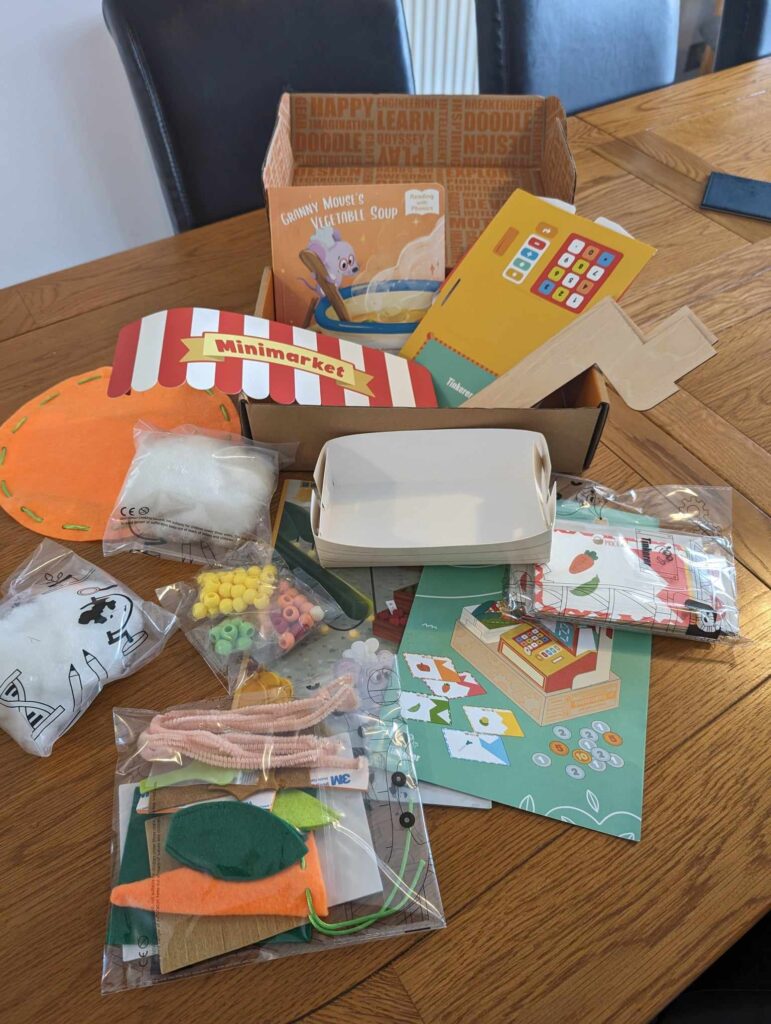Small children are naturally curious. Their inbuilt need to learn a lot and quickly is vital to their survival and growth – as they mature a little, this naturally fades somewhat, though it never leaves them entirely. If your child is reluctant to sit and learn or to practice the skills necessary to pick up a particular skill, don’t worry. This isn’t at all unusual, all that’s needed is some motivation.
Make it fun
Children are naturally fun-loving. They don’t usually enjoy sitting still for long periods or learning things by rote. This can make things like times tables or piano practice tricky! There are two great fixes for this – fun and rewards.
Adding fun into learning isn’t new but sometimes it’s easy for parents to forget how important it is.
Let’s imagine you’re helping your child to learn their times tables. It’s not exactly scintillating, is it? So, inject some humour and try reciting them in a funny voice or with a different accent. Add dance steps and music. Many children retain information much better when there’s movement involved.
You can also try and make them fun by using educational games and toys. When it comes to STEAM subjects the Tinkerer subscription boxes are fantastic. They have different boxes aimed at specific age groups and each one offers lots of opportunity to learn new skills whilst also having fun.
Offer Rewards
Rewards come in handy when there’s a really high level of discipline required in the learning – such as piano or other music lessons. It’s not really possible to make these lessons too silly so a star chart with a reward at the end is a great motivator for many children.
Discuss the reward with your child beforehand – agree to the terms, for example for every hour spent practicing, they will earn a star on the chart. These stars can either be traded for things like more computer time or TV time or they can “buy” actual rewards such as toys or games. Most children really enjoy working towards a clear goal like this.
Praise the progress
Remember to keep discussing your child’s progress and always tell them they’re doing well when they are, this will help them to become confident children. The best schools will have clear goals set in place for your child, like this private school in Cardiff. Goals at school can be followed up at home; build a relationship with your child’s teachers so you can support their learning as a team and help them with their homework in the most effective way.
Take Omega 3 and 6 supplements
A great way to help your child with their homework is to ensure thy are getting all the recommended vitamins that they need especially Omega 3 and 6 as they help support brain function, concentration and eye health. As a family we recommend Equazen.


